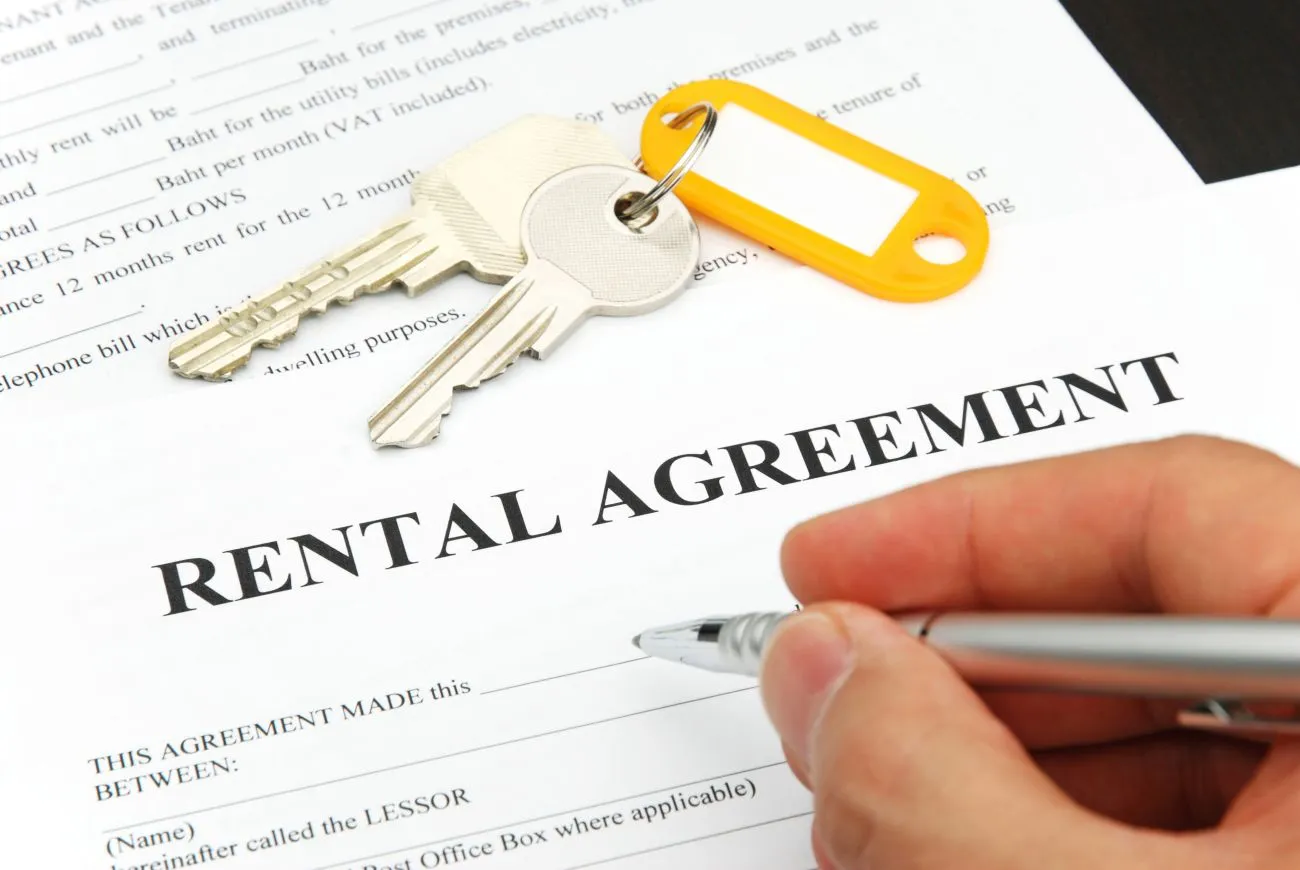The decision to rent a home or apartment isn’t one that should be taken lightly. The old saying ‘home is where the heart is’ has lasted for as long as it has for a reason. We spend a lot of time in our homes and thus, it’s important to make sure you find something that you’re happy with and can afford. Depending on the area, sometimes renting a house or apartment is more affordable than home ownership – this is especially true in cases where “rent control” exists or if you can find a good sublease. Given the weight of a decision of this type, coupled with ever-changing rental markets for houses and apartments, these are a few questions that we think are important to ask yourself before getting keys to your newly rented house or apartment.
Should I sign a lease or go month-to-month?
If you’re planning on renting this house or apartment long term (over a year), it might make more sense to sign a one year lease. Signing a lease means you can rest easy knowing that your rent won’t be increased during the lease duration. If you want to remain flexible and have the ability move out within a month or two, it might make more sense to rent a house or apartment on a month-to-month basis.
Are all utilities included in my monthly rent?
Depending on the landlord of the house or apartment you’re trying to rent, sometimes the cost of utilities (water, trash, electricity, etc.) will be covered in your rent. If you’re happy with the price of rent and utilities are covered, you might have a pretty good deal on your hands. Most multi-unit homes and apartments will have shared plumbing, in which case, the landlord typically pays for water. If utilities aren’t included in the price of rent, you might want to do some research to see how much additional they will cost.
What if I need to break my lease?
Things in life can change quickly. If you signed a lease when you rented your house or apartment and you need to move before the lease expires, you should first look at the fine print of your lease and see if there is a specific clause that addresses early terminations. If there is no clause specifically outlined, talk to your landlord and see if something can be worked out – maybe you help him/her find the next tenant. If the landlord is unwilling to budge on breaking lease, you should check to see what house or apartment rental laws are in place before you proceed.
What is the best way to find house or apartment rentals?
There are a number of national and local websites available to look for house or apartment rentals. Sites like Craigslist, Redfin, and Zillow are a few of the popular house and apartment rental websites. Finding local websites can be a little more difficult if you’re unfamiliar with the area but you might try asking some of the locals around your desired area if they know of any. Also, walking and driving around are a great way to find house and apartment rentals as some landlords prefer not to post them online.
Can I sublease an apartment from someone?
For those that are unfamiliar with the concept of subleasing, here is an example that might help illustrate – Jim rents an apartment from his landlord Martha. Jim needs to move out but doesn’t want to break his lease. Bob is in the market for a new place and he rents directly from Jim, instead of going through Jim’s landlord, Martha. Subleasing can be a touchy subject with landlords. Check your lease for any sublease clauses before you consider subletting your apartment. If you want to sublet from someone else, you should research the laws of that rental market and even ask to speak with the renter’s landlord.
